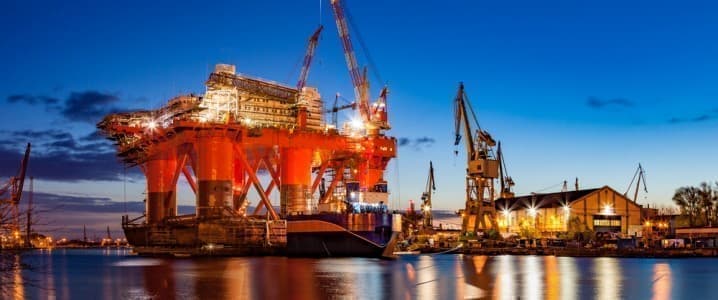The international oil market is composed of two types of companies: International Oil Companies (IOC) and National Oil Companies (NOC). The former are Western firms with their origin often linked to the colonial past such as BP and Royal Dutch Shell. NOCs, on the other hand, were founded in a wave of nationalism in the 1950s and 1960s in primarily the Middle East and South America. The current challenges facing NOCs and their host states, however, is creating the need for a different kind of organization. It is important to understand that NOCs are primarily agents and not determinants of the oil market. This means, for example, that the Russian state and Minister of Energy Novak determine Russia’s position instead of Rosneft or Gazprom. Despite some exceptions, most NOCs are comparable to any other energy company when it comes to organization and operations. The NOC is supposed to maximize the energy wealth of its owner, the state. A 'gain' can be described in different ways. Usually, it’s financial in the form of profit, but sometimes political influence is a goal in itself.
The challenges facing the national oil companies of energy-rich countries are significant. The energy transition and the fight against climate change, for example, create uncertainty concerning demand and energy prices. Energy-rich countries realize that fossil fuels are facing an uphill battle in the long-term. Although consumption will most likely increase until 2030, peak oil is becoming a reality. Maximizing the income from oil and gas production, therefore, is essential.
Over the years, NOCs have become formidable energy companies in their own right. Saudi Aramco, for example, is regarded as a highly efficient and effective organization. The technological and human capital that has been accrued over the years is a major asset that can be used overseas.
Related: Barclays Slashes Oil Price Forecast On Demand Shock
The capacity and the backing of the state strengthens NOC’s determination to venture abroad. While financial motives are the primary reason for the companies’ decision to invest in different markets, politics is usually not far behind. Most of the world’s oil and gas is concentrated in a handful of countries. For these states, their resources are not only a source of income, but also political influence.
The Arabian Peninsula, for example, has been a relatively insignificant region for most of its history. But relatively recent oil and gas production has led to staggering income growth for the local population over the past decades. Despite the shale revolution in the U.S., the Middle East remains strategically important for Washington. Also, other major importers, primarily the Asian giants like China and India, remain highly dependent on the region. Two NOCs are exceptionally visible globally, Rosneft and Gazprom. The involvement of the Russian state isn’t a coincidence as Moscow was deprived of influence and income after the collapse of the Soviet Union. President Putin viewed Russia’s energy wealth as a tool to regain some of the country’s power. Oil is an important source of income while natural gas gives Moscow significant influence over customers in primarily Europe.
Gazprom’s extended pipeline infrastructure with Europe is a relic of the Cold War. The high dependency of Eastern European countries is worrying for the continent, especially in the light of Russia’s conflict with Ukraine which has led to several supply disruptions in the past decades.
Related: Oil Price Slide Accelerates On Crude Inventory Build
Another Russian NOC, Rosneft, has become a major force to be reckoned with in the global oil market. The ambitious CEO Igor Sechin is behind the company’s rise. His aggressive strategy and President Putin’s support has provided room for Rosneft to become active in several foreign markets. The company is engaged in Iraq where it possesses the strategically important Kirkuk-Ceyhan pipeline. Besides the Middle East, Rosneft is also active in Africa and Latin America where it is a major creditor to Venezuela's embattled PDVSA.
The foreign endeavors of NOCs is a challenge to IOCs due to the unfair playing field. Although generating income is an important goal, state support strengthens NOC's position. Also, IOCs are only engaging in projects that could possibly generate sufficient income. NOCs, however, can take more risks as states provide support and political goals can be part of the reason to engage in foreign markets.
By Vanand Meliksetian for Oilprice.com
More Top Reads From Oilprice.com:
- How Far Will Trump Go To Save U.S. Shale
- Cesium - The Most Important Metal You’ve Never Heard Of
- What Happens If U.S. Shale Goes Bust?


















